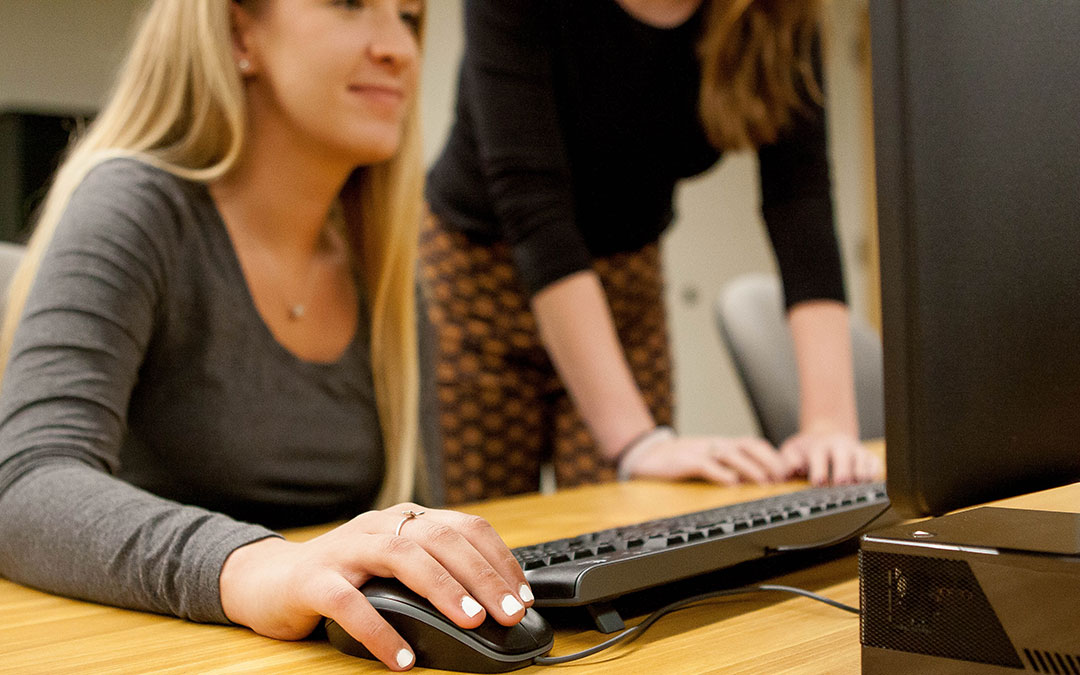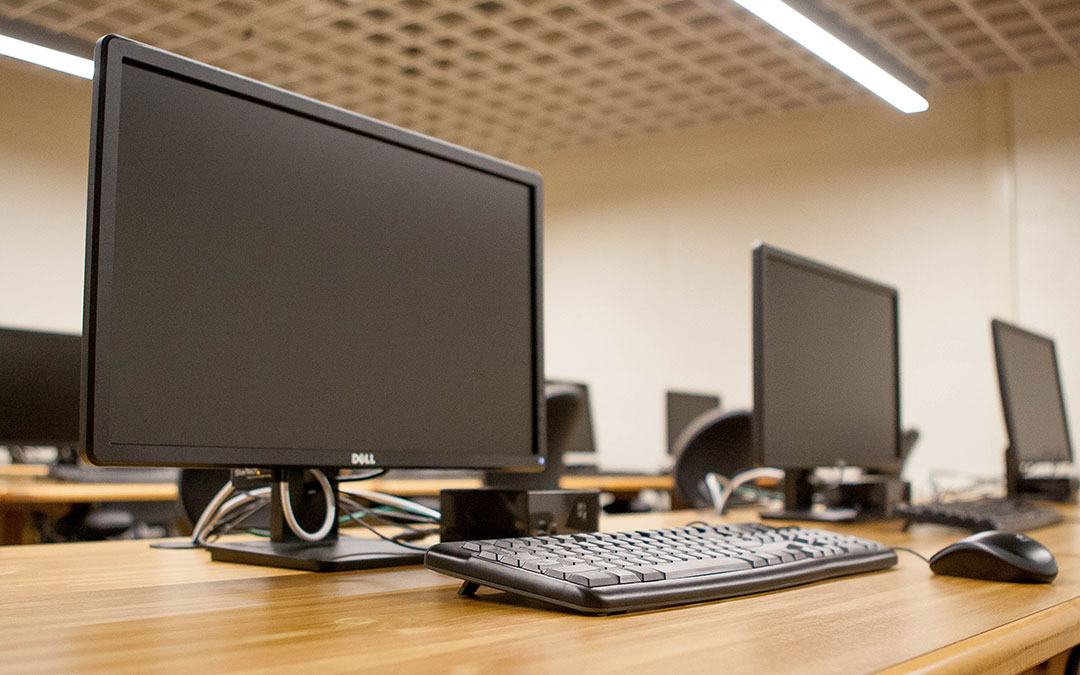 New Behavioral Lab Expected to Fuel Surge in Research at UConn
New Behavioral Lab Expected to Fuel Surge in Research at UConn
Marketing Professor David Norton has a theory he just can’t wait to test, and it involves two things most people love: coffee and their own names.
“One idea that I’m currently pursuing is whether having the name on your morning coffee cup spelled incorrectly can impact your evaluation of that cup of coffee,” Norton said. “Essentially, the idea is that we like ourselves, and pretty much anything associated with ourselves, so when we are reminded about “me” we get positive feelings toward the object that does the reminding.”
With a colleague from the University of Arkansas, Norton wants to test the theory that when someone’s name is spelled incorrectly, it is enough to change that individual’s evaluation of the coffee.
That’s one of the theories he hopes to investigate using the new behavioral lab within the School of Business. The lab, which opened this spring, is expected to dramatically increase the amount of research being conducted by both UConn faculty and doctoral students.
“This is something that Tier 1 schools have, and I believe the lab will make us competitive with the most elite business schools,” Norton said. “It will also be attractive to other scholars, new faculty and doctoral students.”
Although online research is used by some marketers, it doesn’t offer the wide range of research opportunities that a controlled, supervised study can, said marketing professor Nicholas Lurie, who worked on the lab’s development.
The facility includes 15 test stations, all equipped with computers. It also presents the opportunity for research involving food and beverages, scent, music and other sensory studies. Because it can accommodate many participants, the lab will be able to provide a large sample population in a short time, Lurie said.
In addition to its obvious research benefits, the lab will be an asset to the School when it is applying for research grants, said Lurie, adding that granting institutions look favorably upon assets that researchers bring to the table.
Lurie said the lab will be open to interdisciplinary teams from across the university and will be of interest to behavioral researchers in many different fields of business. Thus far, marketing faculty and doctoral students have been the most frequent users of the behavioral lab.
“Marketing organizations need to know as much as they can about their customers and this type of facility lends itself to deeper knowledge,” Norton said. “It’s wildly important for business to understand the ‘how’ and the ‘why’ of what makes consumers think like they do. There are, for instance, lots of ways to dislike a particular product or service, and a behavioral lab helps provide insight into that.”
“Trying to predict how people will respond is a very difficult job,” added marketing professor Kunter Gunasti, who is interested in brand-name appeal. He plans to conduct research involving products that require taste, touch, handling and smell—that simply can’t be done online.
“The results will have obvious business implications,” he said. “I’m interested in how brand names effect how consumers feel about a product.”
“Consumers often defy rational expectations,” Lurie added. “More and more, sophisticated companies are using behavioral techniques to give their businesses a stronger advantage.”
John Caine ’97, chief product officer at Priceline.com, said his company uses behavioral marketing on a daily basis, often going out on the street and offering people a coffee gift card if they will navigate one of Priceline’s many business sites, which include KAYAK and Open Table. He was pleased to hear that UConn students will have greater exposure to that marketing practice.
“Everything we do at Priceline.com is rooted in some kind of consumer hypothesis,” Caine said. “Consumer research can be a fast-track approach to learning about your customers, discovering opportunities for change and reducing unnecessary costs.”
